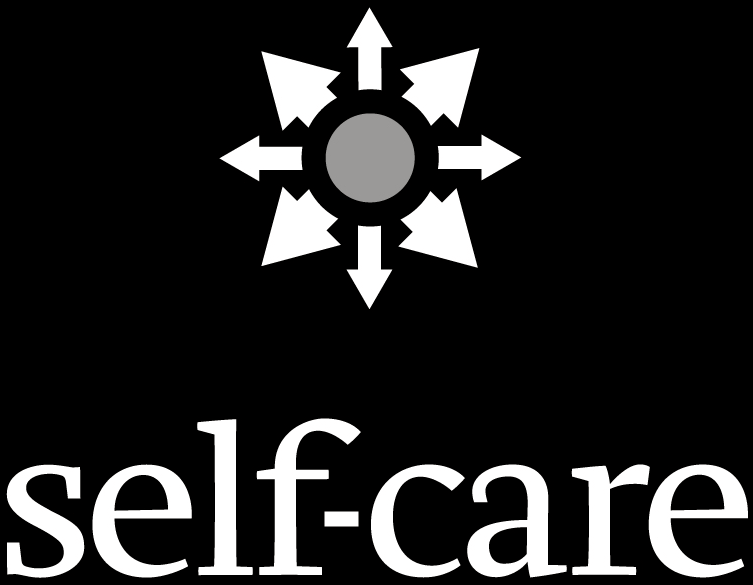Success = Dedication*(Process*Goals)
The Master Formula to Success is an intuitive and logical way to organize your effort toward success. Adopting this approach enables you to reflect on your past success to identify how you did it, and also decode how others have achieved extraordinary results. Test this formula according to your own recollection to see for yourself.
Success is a product, whether it occurs from deliberate planning and conscientious effort, or coincidentally. The master formula works all the same. Conversely, if either you violate the rules of the formula, success can only be miraculous. Let’s examine the variables and decipher the formula into practical parts.
The Process variable is how you organize your efforts. Being aware of where you are starting in terms of capability means that your expectations need to be reasonable. If for example, you are motivated but lack the basic skills or coordination to perform, it will take time, practice, and feedback to make adjustments until the performance is natural and acceptable. According to Aikido practitioners, there are 3 levels of achieving mastery:
- Shu: Conscious competency from learning with a beginners mind
- Ha: To execute a learned technique automatically without thinking
- Ri: To innovate or add a personalized way of doing the technique
As an interesting parallel to an earlier SELF-CARE post, these three stages conform to the work an actor would follow toward perfecting the building of a character before their performance. There is a process behind any goal, including those followed by natural law. For instance, growth in nature occurs in stages according to progression until maturity or natural goals are achieved. A process is the underlying principles behind success. The question is, what process are you following towards an intended result?
Without a process to follow, your efforts will lack any cohesive fit. You may perform steps out of sequence, miss steps or duplicate effort. Without a view to how you are progressing along with a plan, you won’t do the right things in the right order with a focus and the intention to be successful. Sometimes a dedicated mentor or guide will commit you to a process and track your progression via goals. If you do this for yourself, it’s a form of discipline to organize and then follow a process.
The coefficient of 0 – 1 can be used to calculate your adherence to the process that you follow. If you are complacent or inconsistent with the effort you apply, sometimes you are at 0, at other times, it can be at 100% or 1. If the effort that you commit to the process is consistently high, at 90% or higher, then your effort is excellent. Success-oriented individuals will keep their dedication high and then evaluate the process they follow depending on how they define success. With higher success expectations, they will change up the process or increase the intensity of their effort from 90 – 110% as practical.
The next variable relates to goals. Defining outcomes is important to the extent that goals push you to apply efforts purposefully. There may be a series of goals that represent milestones in the journey towards the objective of success. Depending on the outcomes envisioned, setting the right and goals can guide you to graduate up and to the final objective of success as measured on the other side of the equation.
Goals are very important to consider because if achievements along the way come from causing harm to others, or sacrifices to the self that then carry over as regrets, dedication to a process will be outweighed by the negative outcomes that follow you. As a matter of example, let’s contemplate the following example:
Success (defined as financial abundance) = 100% ( perfect dedication) to a process (scheming a criminal activity) * goals (use force effectively, take property by theft, make a successful exit without being caught). Theoretically, the process or plan is a success, and success has been achieved as it was executed flawlessly without consequence. While we cannot prove the idea of wrongdoing as flawed in mathematical or objective way, there are enough examples available from reformed criminals on the peace of mind consequences when goals (outcomes) were not considered before the criminal acts were acted upon.
Considering the master formula from the point of view of the various parts that make up success, we would and should also consider the timing to undertake efforts in light of the dedication, process, outcomes required to achieve success. With a vision, the willingness to approach the effort required with a beginner’s mind to learn and acquire knowledge, the flexibility to adjust the process and intensity of effort, and evaluate the outcomes demonstrates a serious commitment to success.
If this definition and the terms outlined seem arduous, consider the consequences of failure. Time is a resource that does not return to you. Setbacks cost you time and energy and serious setbacks can affect your motivation to put yourself out there again. Think ahead, examine your efforts and the upside of doing things the right way to start with, and hold yourself up to a higher standard. The success and results that follow will be greater when you achieve them with deliberate and dedicated effort.
